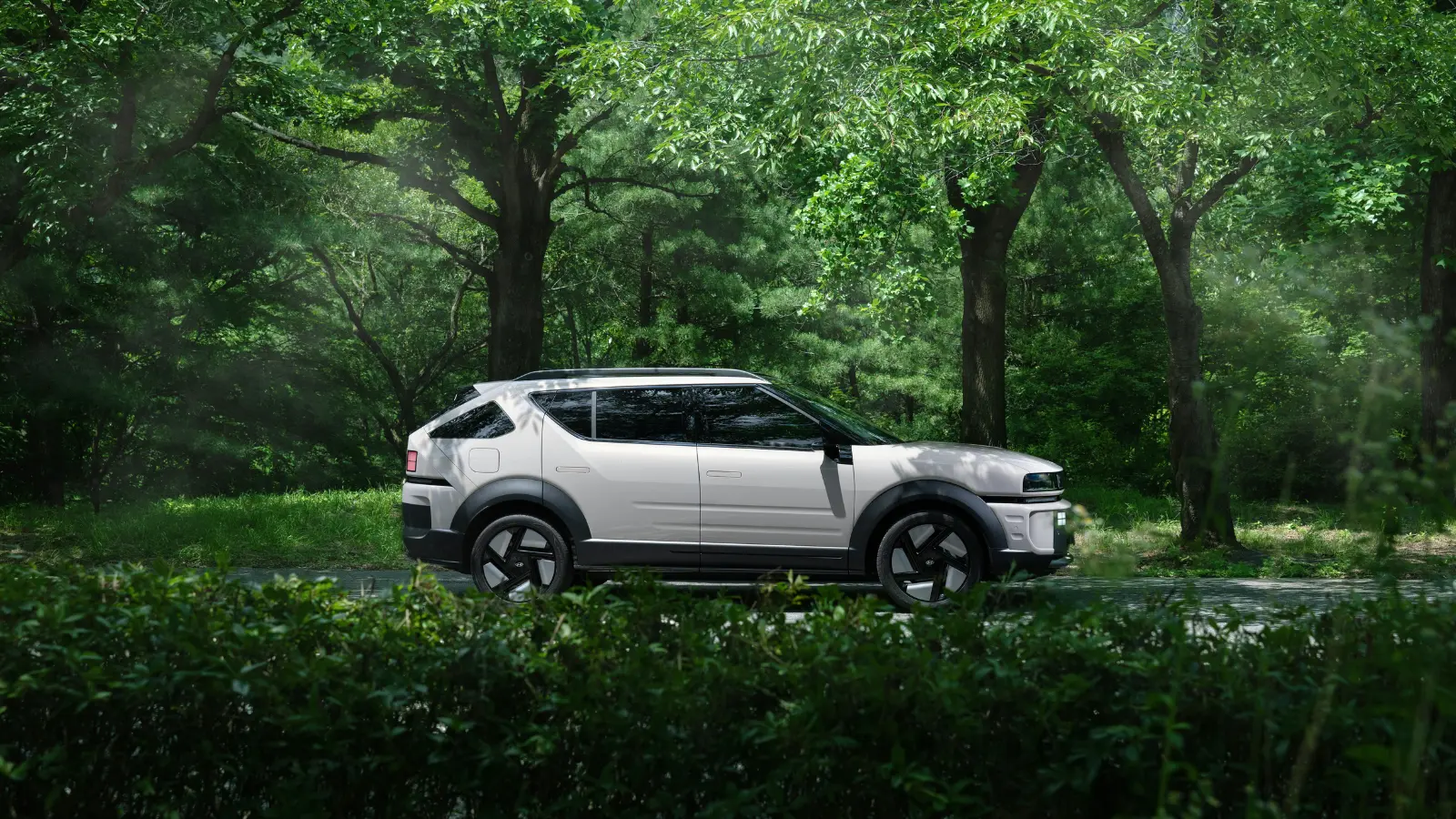Introduction
Thinking about going hybrid? You're not alone. Hybrid electric vehicles (HEVs) have become a popular choice for drivers who want better fuel efficiency, lower emissions, and a smoother driving experience, all while keeping the flexibility of a gas-powered car. Whether you're considering your first green vehicle or looking for your next upgrade, this guide will help you make the right decision.
What Is a Hybrid Vehicle?
A hybrid car uses a combination of a gasoline engine and an electric motor. The electric motor assists the engine during acceleration, captures energy during braking, and helps the vehicle operate more efficiently. Unlike plug-in hybrids, standard hybrids do not require external charging. You simply refuel at the gas pump, just like a traditional gas car, but with fewer visits.
To learn more about how hybrids work, check out What Is a Hybrid Car?
Why Choose a Hybrid?
Hybrids offer a smart balance between traditional and electric vehicles. You get improved fuel economy, reduced tailpipe emissions, and a quieter ride. Many drivers find them ideal for city commutes as well as highway travel.
Here are a few of the top reasons to consider a hybrid:
- Fuel savings: Many hybrid owners see savings of 20 to 50 percent compared to similar gas-powered models.
- No need to plug in: Great for those living in apartments or without home charging access.
- Lower emissions: Smaller carbon footprint with fewer pollutants.
- Easy transition: Operates just like a gas car, with no new habits required.
Still weighing your options? Explore [Hybrid vs Plug-In Hybrid vs Electric] for a side-by-side comparison.

What to Look for in a Hybrid
Shopping for a hybrid is similar to shopping for any car, but with a few key differences to keep in mind.
1. Fuel Efficiency Ratings
Pay attention to EPA-rated miles per gallon, especially for city driving. Hybrids tend to perform best in stop-and-go traffic thanks to electric assist and regenerative braking.
2. Battery Warranty
Most hybrids come with extended warranties for their battery systems, often lasting 8 to 10 years or up to 150,000 miles. This added protection can help you feel more confident over time.
3. Comfort and Features
Today’s hybrids come in all shapes and sizes. Consider:
- Interior space and comfort
- Tech features like infotainment and connectivity
- Advanced safety and driver assistance systems
4. Driving Feel
During a test drive, pay attention to how the car accelerates and brakes. Does the switch between gas and electric feel smooth? Some hybrids focus on efficiency, while others are designed for a more engaging driving experience.
New vs. Used Hybrid Cars
Thanks to more than 20 years of innovation, the used hybrid market is strong and diverse.
Buying new: You get the latest technology, a full warranty, and often better performance and efficiency.
Buying used: You can avoid initial depreciation and still enjoy many of the same fuel-saving benefits. Just make sure to:
- Check the vehicle’s service history
- Review the battery’s condition and warranty status
- Have a certified technician perform a pre-purchase inspection

Hybrid Incentives and Credits
Although standard hybrids typically do not qualify for EV tax credits, you might find state and local incentives that offer savings or perks. These can include:
- Utility company rebates
- Reduced vehicle registration fees
- Access to HOV lanes in certain states
Check out EV Incentives Overview to see what benefits may apply in your area.
Wrap-Up: Is a Hybrid Right for You?
A hybrid is a smart choice if you want to reduce fuel costs and emissions without changing your lifestyle. These vehicles are known for their reliability and low cost of ownership, and they’re now available in a wide range of sizes and styles.
From compact commuters to spacious family SUVs, there’s likely a hybrid that fits your needs. With no need for external charging, you can enjoy the benefits of electrified driving with the convenience of gas when you need it.
Make a Confident Purchase
Compare hybrids with plug-in hybrids and full EVs:
← Go Back: Hybrid Driving Tips
Discover Next: Hybrid vs Plug-In Hybrid vs Electric →












